Bury your heart in some deep green hollow
Or hide it up in a kind old tree;
Better still, give it the swallow
When she goes over the sea.
In Saturday’s Market there’s eggs a ’plenty
And dead-alive ducks with their legs tied down,
Grey old gaffers and boys of twenty—
Girls and the women of the town—
Pitchers and sugar-sticks, ribbons and laces,
Poises and whips and dicky-birds’ seed,
silver pieces and smiling faces,
In Saturday Market they’ve all they need.
What were you showing in Saturday Market
That set it grinning from end to end
Girls and gaffers and boys of twenty—?
Cover it close with your shawl, my friend—
Hasten you home with the laugh behind you,
Over the down—, out of sight,
Fasten your door, though no one will find you,
No one will look on a Market night.
See, you, the shawl is wet, take out from under
The red dead thing—. In the white of the moon
On the flags does it stir again? Well, and no wonder!
Best make an end of it; bury it soon.
If there is blood on the hearth who’ll know it?
Or blood on the stairs,
When a murder is over and done why show it?
In Saturday Market nobody cares.
Then lie you straight on your bed for a short, short weeping
And still, for a long, long rest,
There’s never a one in the town so sure of sleeping
As you, in the house on the down with a hole in your breast.
Think no more of the swallow,
Forget, you, the sea,
Never again remember the deep green hollow
Or the top of the kind old tree!
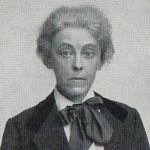











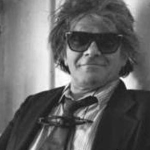

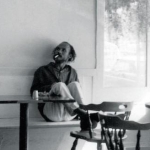



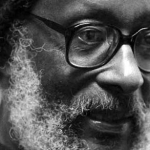
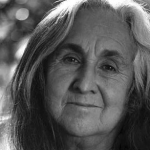
Comment form: